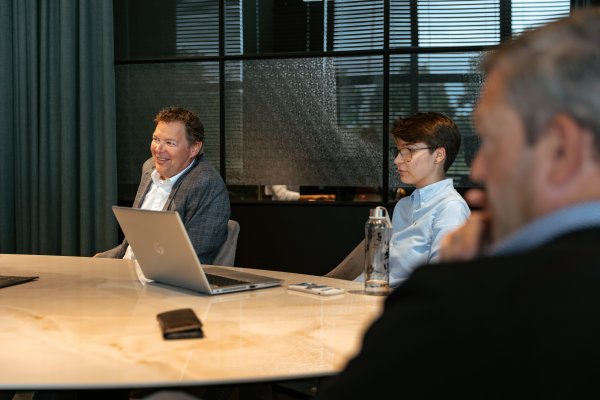Frequently asked questions
Find your answer in the frequently asked questions.
General
Benefits
Costs
When can I use Unpaid?
How does it work?
Collaboration Unpaid, Legal Village and AXA Belgium
Foreign companies

Your peace of mind starts here and now!
Fill in your company number and let us collect your outstanding invoices.